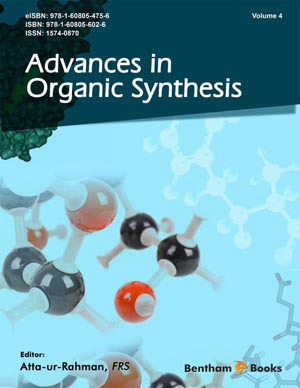Abstract
Medicinal chemistry is a modern branch of the pioneer subject chemistry. Medicinal chemistry is primarily associated with drug discovery and design in search of New Drug Entities (NDEs). There are different sources, such as natural and synthetic products, animals, marine invertebrates, microorganisms, and recombinant DNA approaches which have been recognized as potential reservoirs for bioactive compounds or drugs. Medicinal chemistry has made several technological innovations, such as computational chemical biology, trial-and-error approach, and bioinformatics, which have greatly improved and accelerated the efficient and competent drug development process. Although with hi-tech innovations in medicinal chemistry, there are several diseases for which treatment is still not available, including the very recent dreadful occurrence of novel coronavirus (COVID-19), which originated from Wuhan city of China. At present, there is no vaccine or drug to cure it. Moreover, the drug development process starting from the identification of a new chemical entity (NCE) to the regulatory approval of NDE is relatively complex, costly, and time-consuming. It can take 10−15 years or even longer to develop and design an NDE. The present chapter intends to discuss and emphasize the different drug sources and drug development processes in medicinal chemistry along with understanding the associated opportunities and challenges.
Keywords: Animals, Artificial intelligence, Bioinformatics, Computer-aided drug design, Challenges, Drug design, Drug development, Drug repositioning, High throughput screening, Medicinal chemistry, New chemical entity, Natural products, Opportunities, Recombinant DNA technology, Synthesis.






















